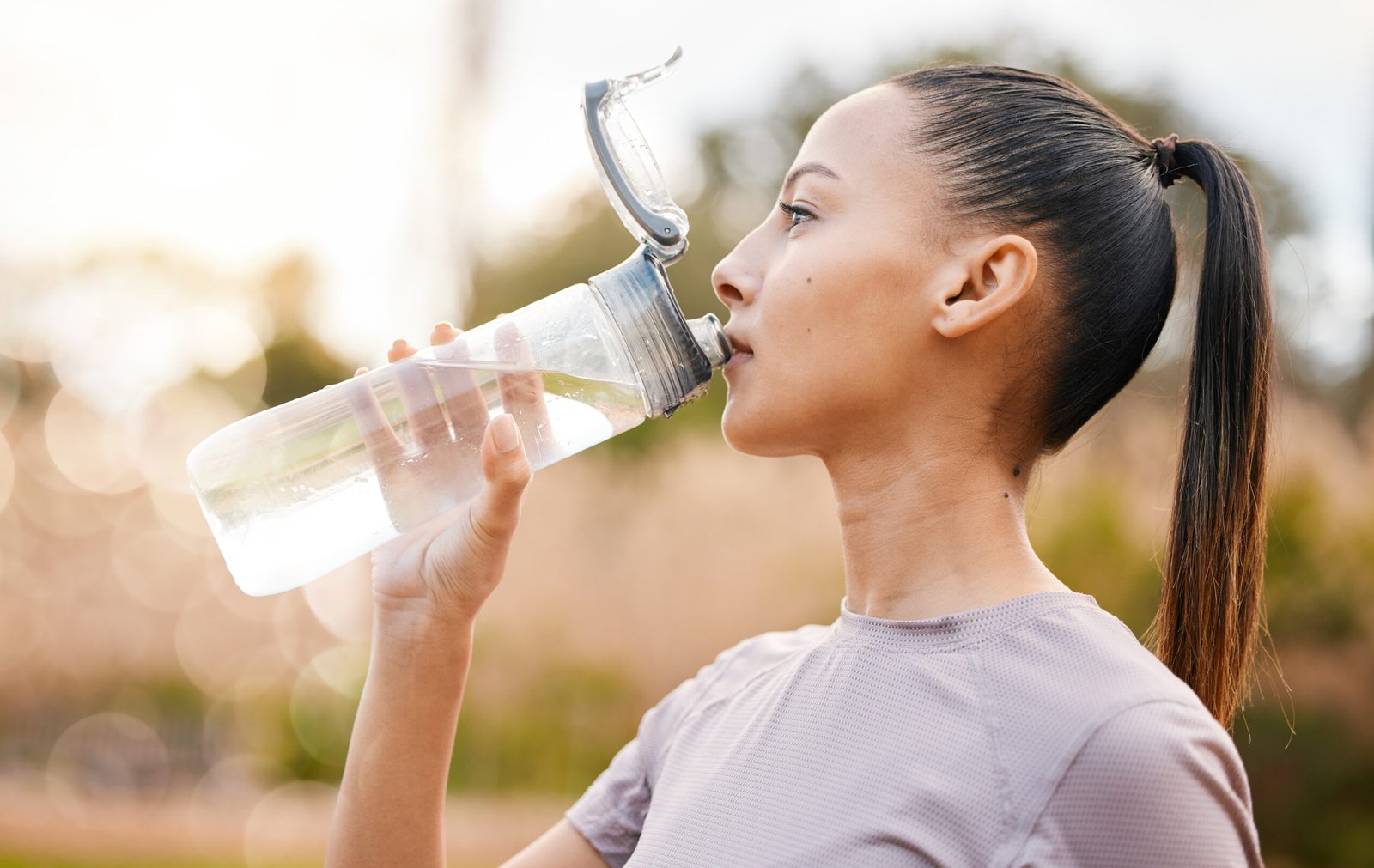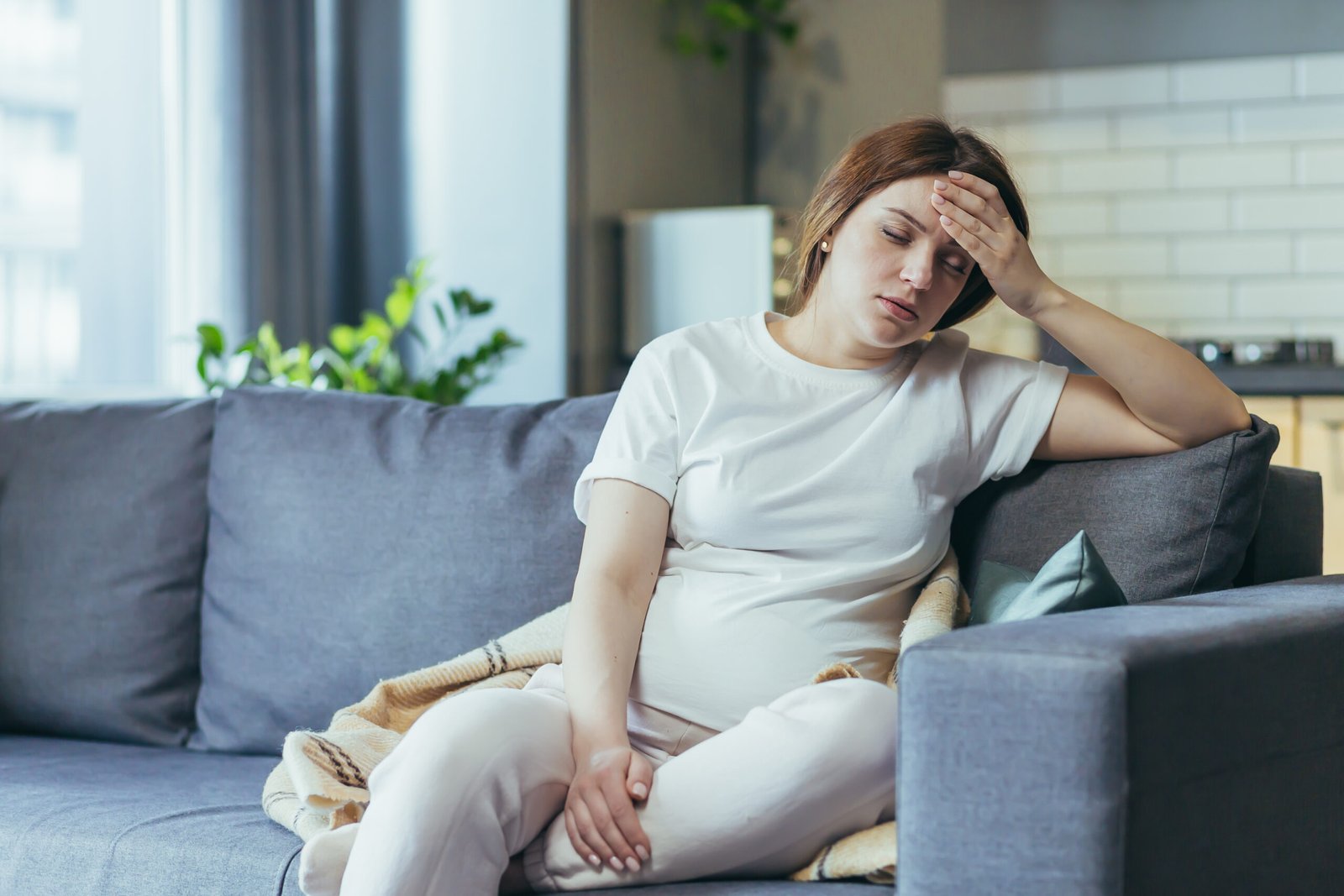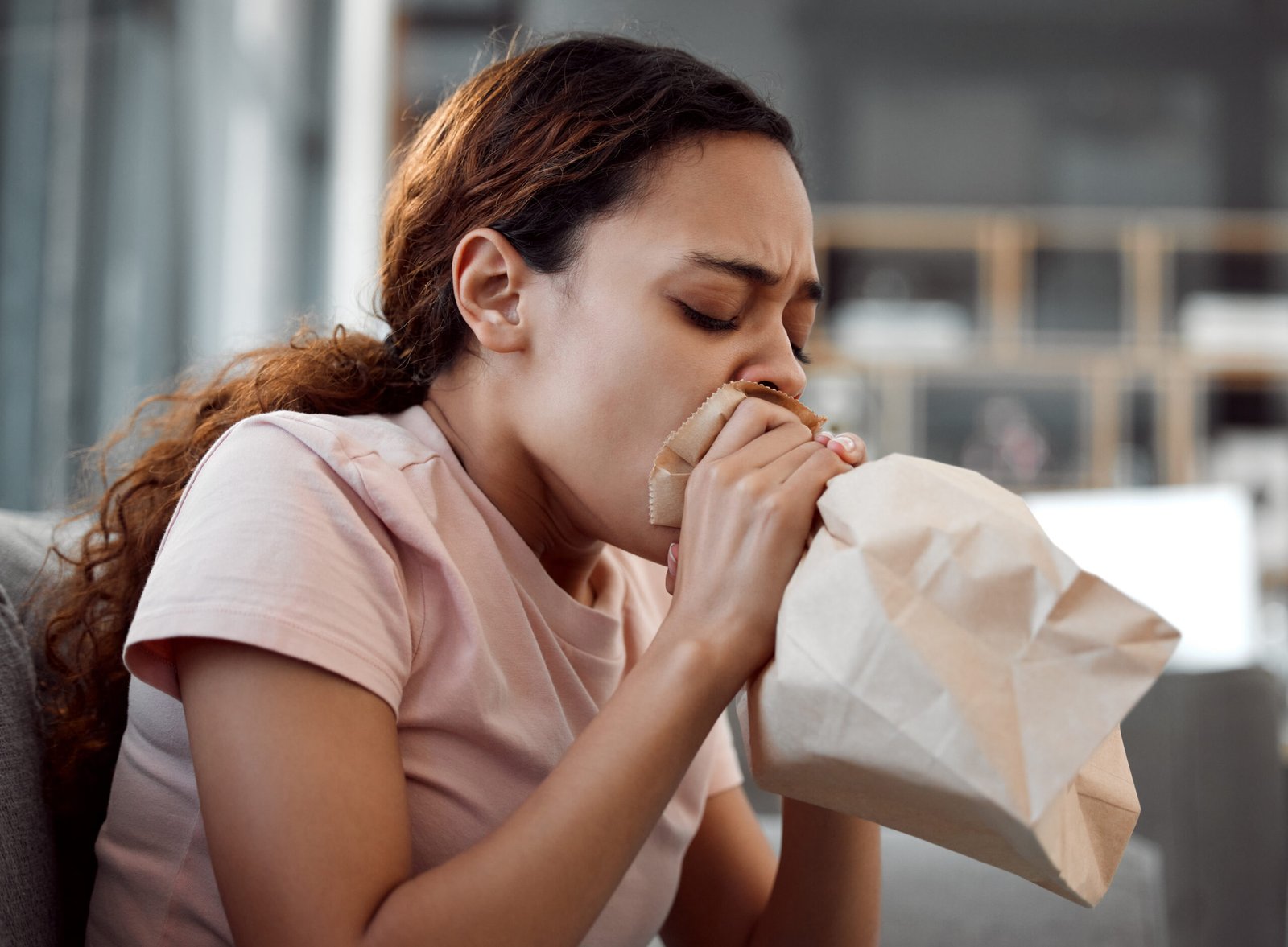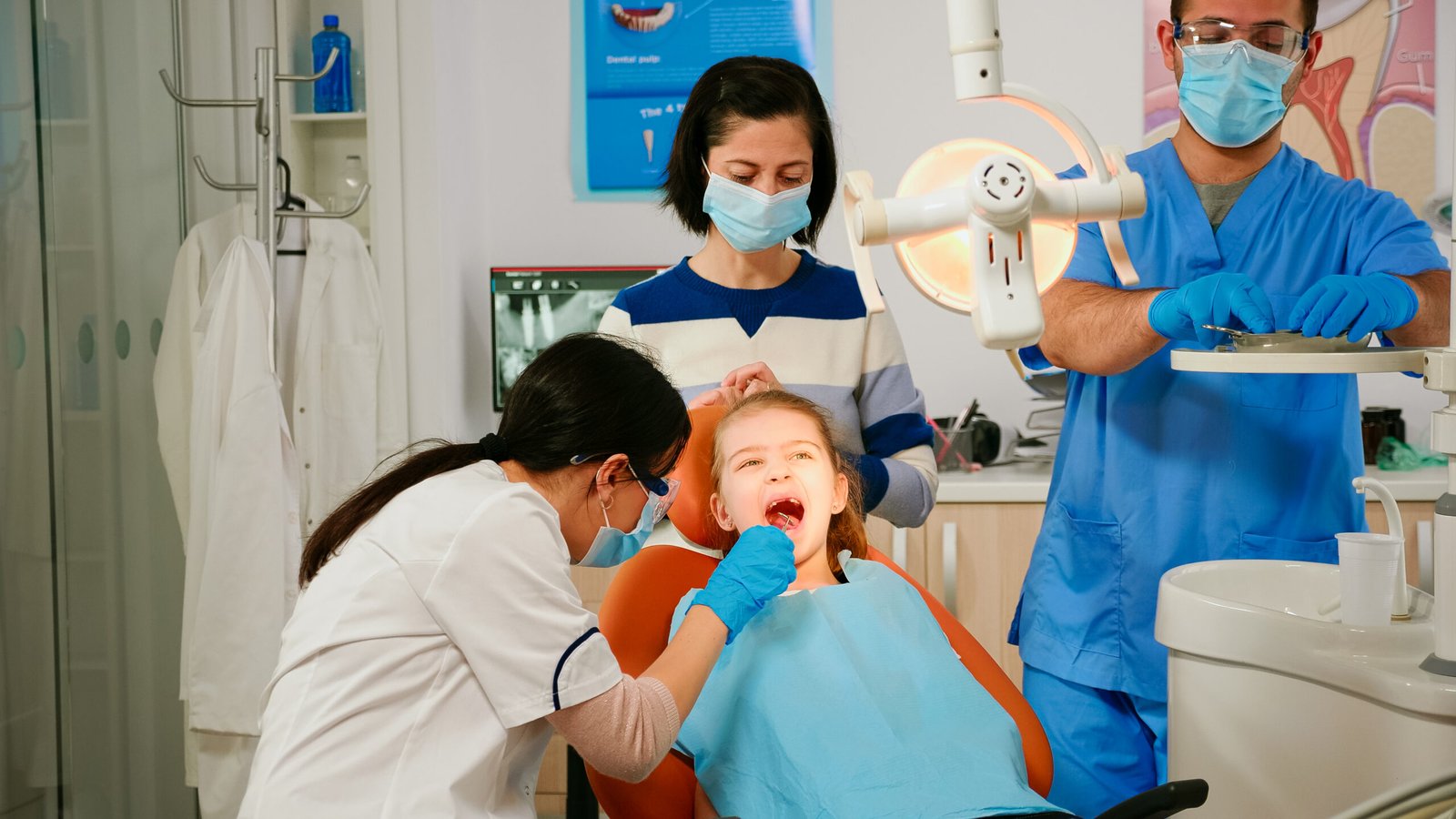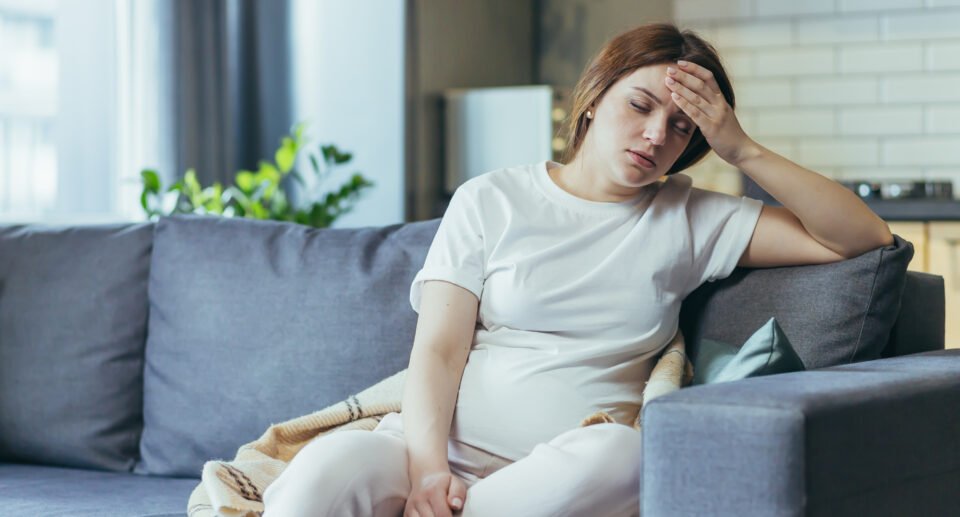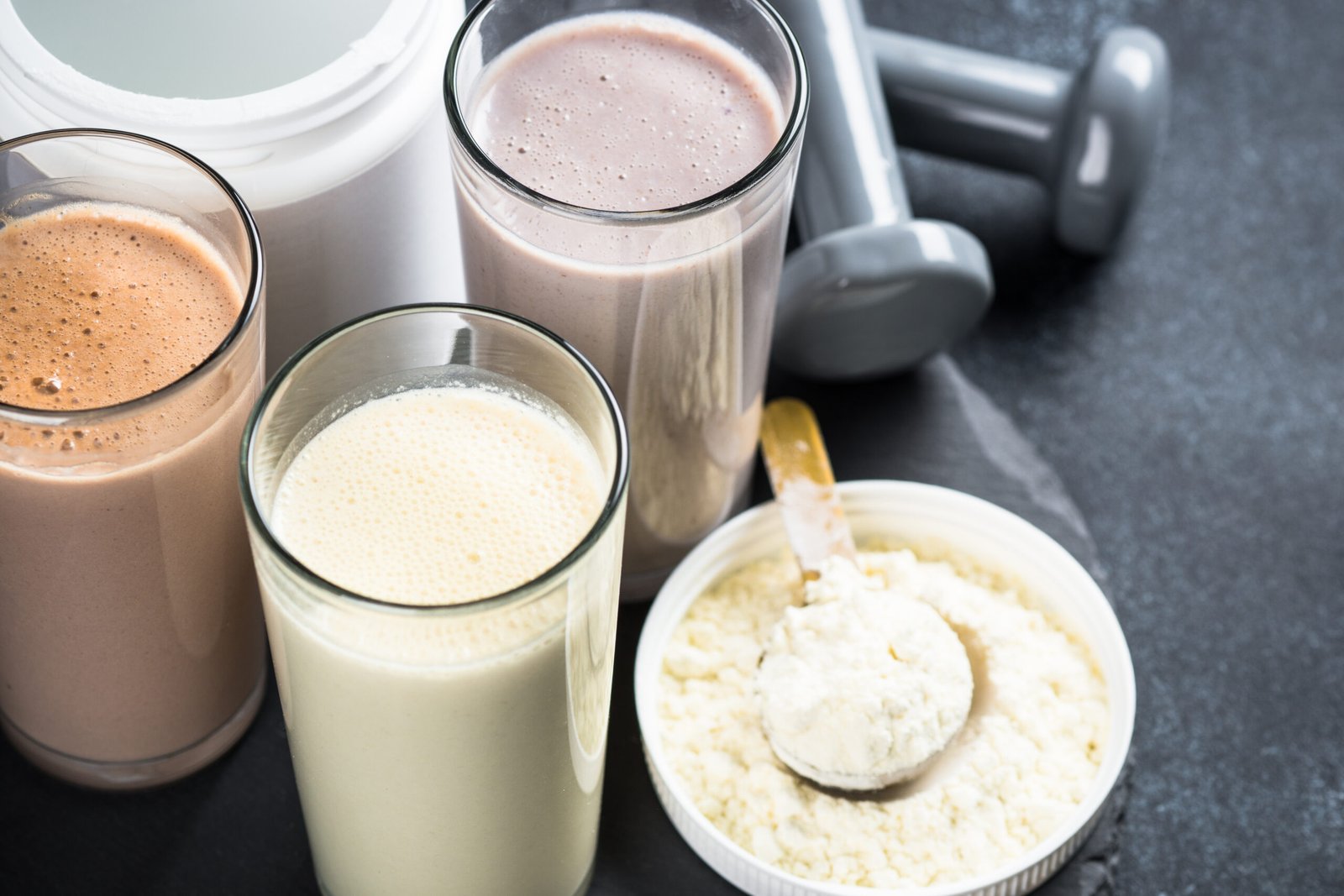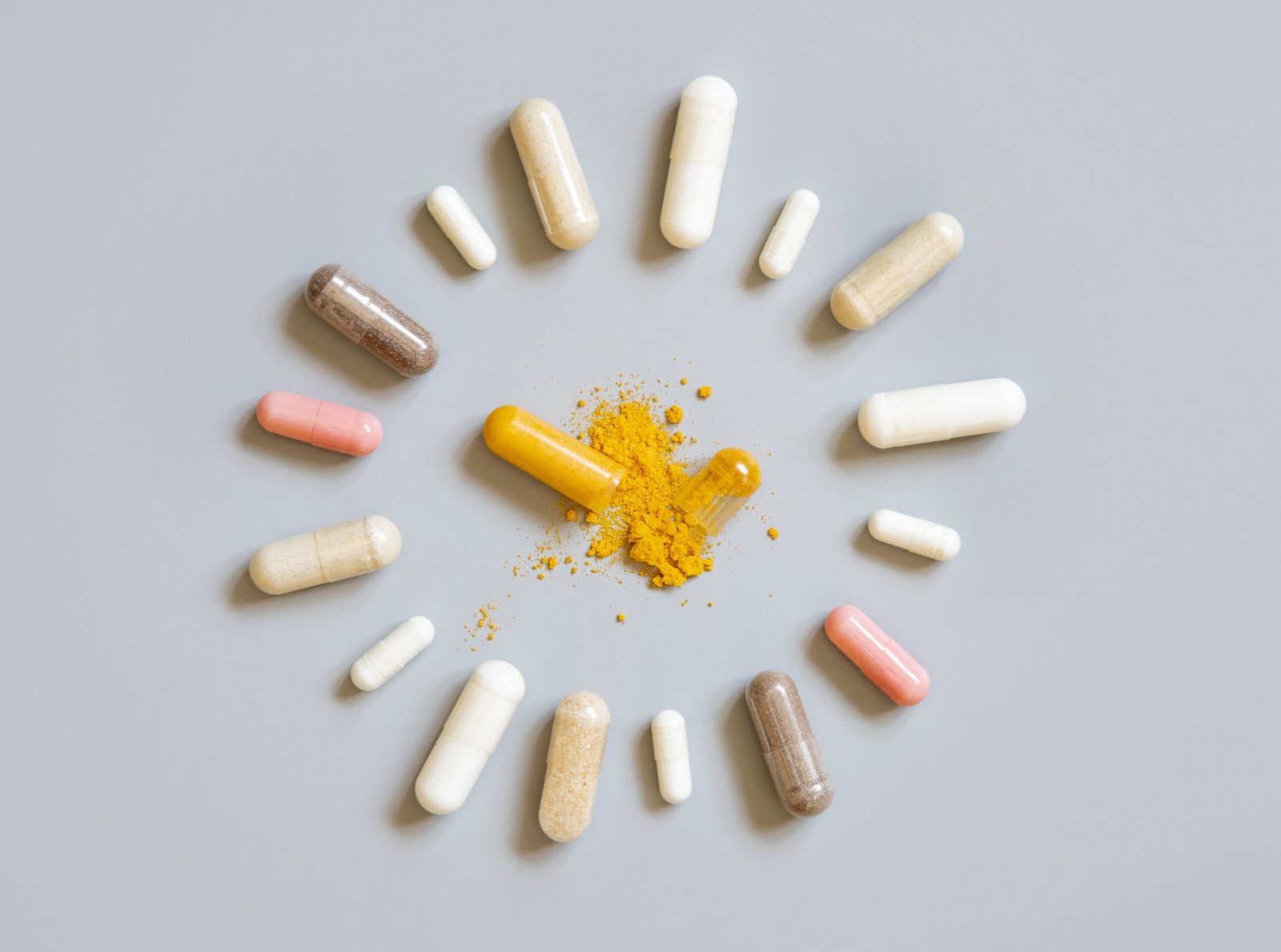Can Dehydration Lead to Hypertension?
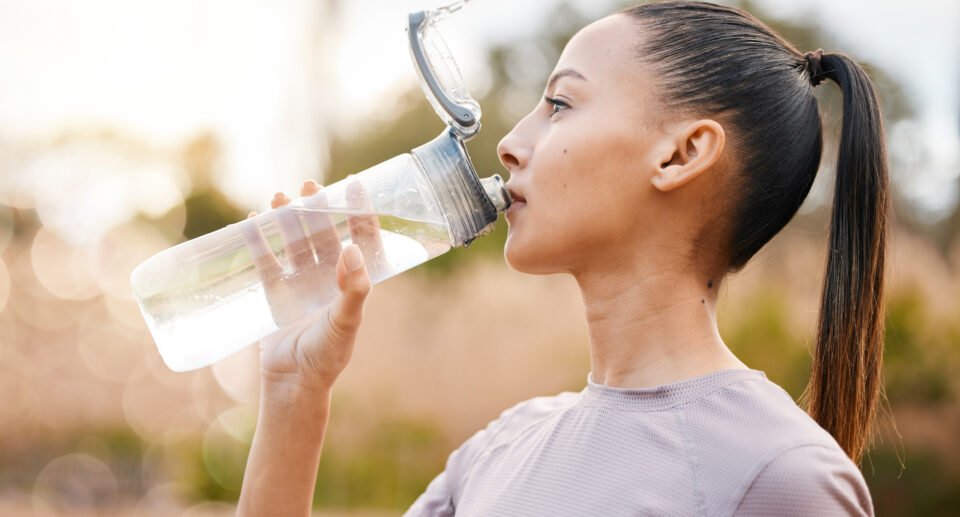
Dehydration is a condition where the amount of fluids in your body is insufficient. This can happen if the intake of water is less than required, or if the liquids are excreted or lost more quickly than they are taken in. With excessive dehydration of a person, there can be serious adverse results – heatstroke, kidney problems, etc. It can also cause fluctuations in blood pressure levels and even a negative shift, such as an increase.
Blood pressure is the term to define the pressure exerted by the circulating blood upon the walls of the blood vessels, usually the arteries, and this pressure is created mainly due to the heart pumping blood.
Effects of dehydration can influence this pressure in a low-pressure-induced and high-pressure-induced way:
Reduction of Blood Volume:
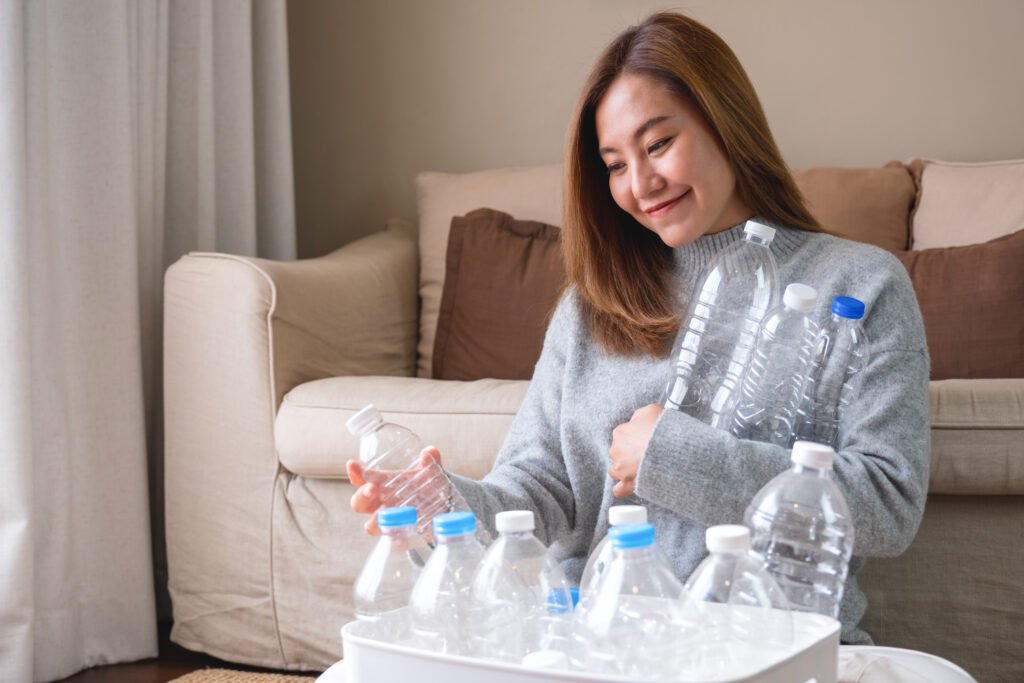
Water accounts for 55% to 60% of the total body weight. Blood consists primarily of water as well, which is beneficial for the temporarily flowing content. Thus, whenever you’re dehydrated, you lose water from the blood and hence a depleted blood volume.
Making it Low:
Because of the drop in blood volume, the amount of blood pushing against the arterial walls to increase blood pressure decreases as well.
Dehydration Life-threatening Situations:
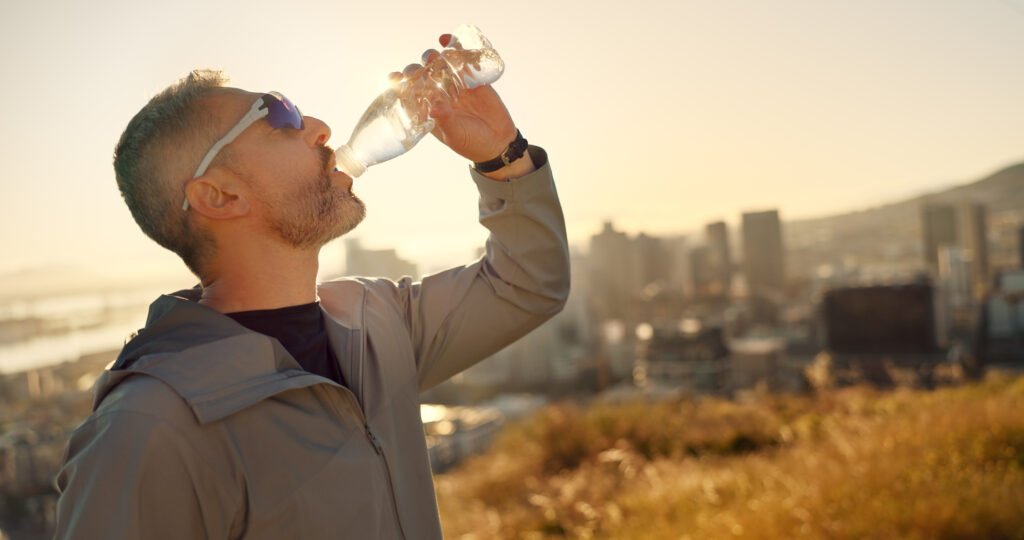
In severe situations, for instance, hypertension by dehydration can cause injury to the brain and heart and could be fatal.
Increase in High Blood Pressure
Dehydration causes Hormones release:
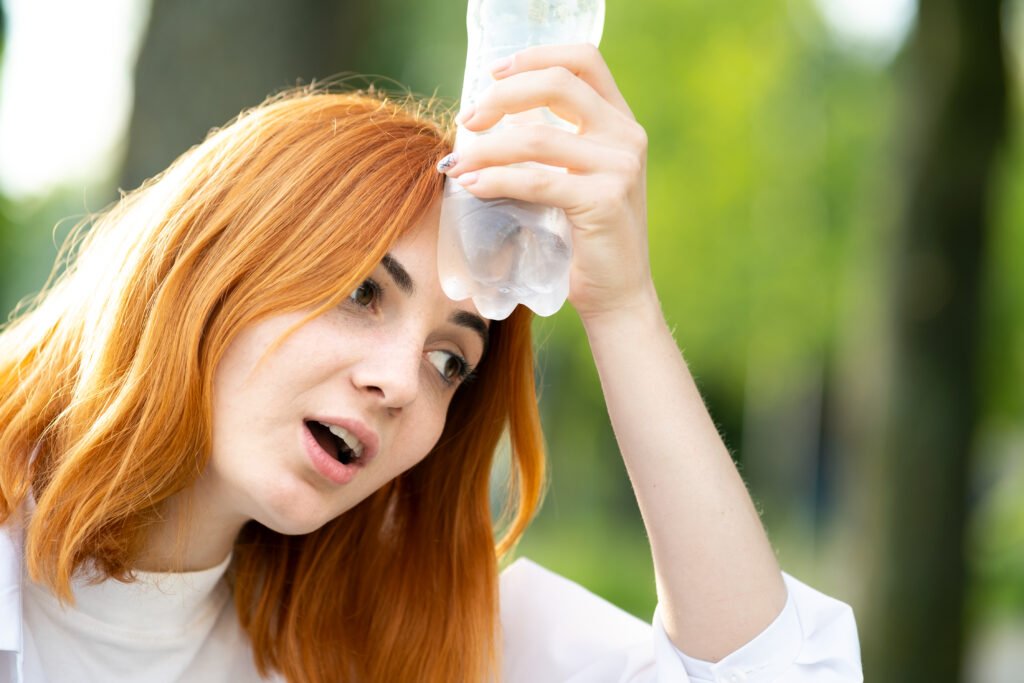
Drinking not enough water can cause the release of a hormone called vasopressin. This happens when there are high levels of sodium.
Effects Of Vasopressin:
This hormone tells the kidneys to reabsorb water in the body and not allow it to exit in the form of urine. This hormone will also make your blood vessels shrink (constriction).
Heightened Pressure:
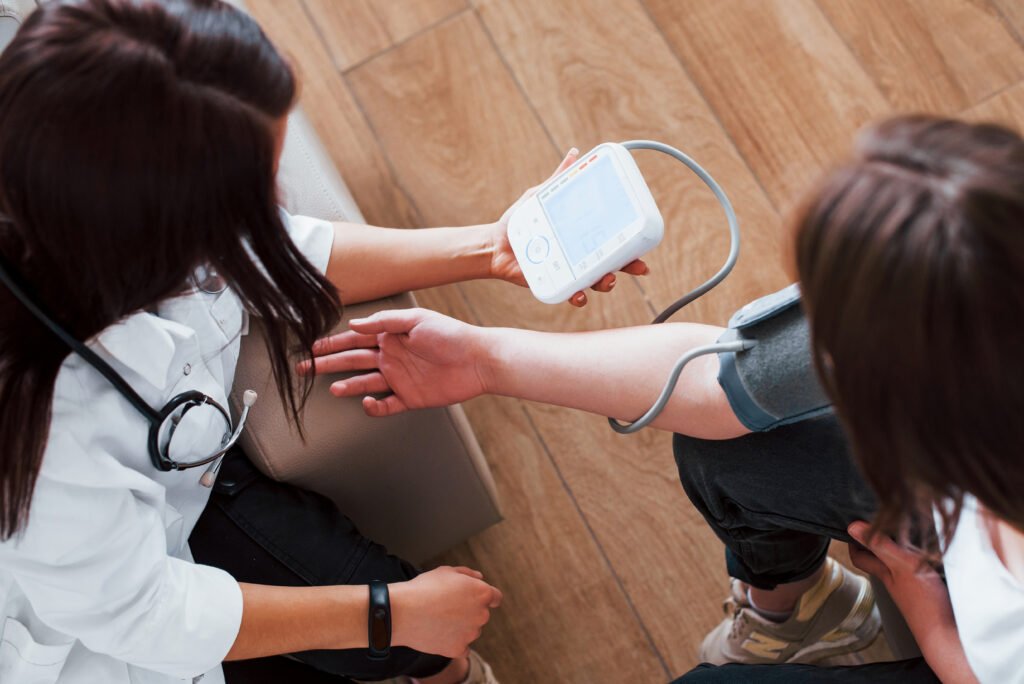
With the narrowing of the blood vessels, there is an increase in the intravascular pressure that in turn can cause elevated arterial pressure.
Signs Of Dehydration Not Related To Changes In Blood Pressure:
Before adjustments in blood pressure take place, other indications of dehydration can be experienced such as:
- Intense thirst
- Oral cavity that is extremely dry
- Little or no desire to pass urine
- Having rick yellow urine.
- A general feeling of weakness and or exhaustion
- A feeling of lightheadedness or vertigo
- Diminished attention span or other cognitive impairment
In Children, Watch for:

- Not using wet diapers
- Excessive crying or being bothered.
- Eyes, cheeks, and even the soft spot of the head looking sunken.
- Extreme tiredness or lack of desire to engage in active play.
Dehydration Causes:
Inadequate intake of water is not the only cause. Other probable causes of this issue include:
Dehydration can cause Illness?
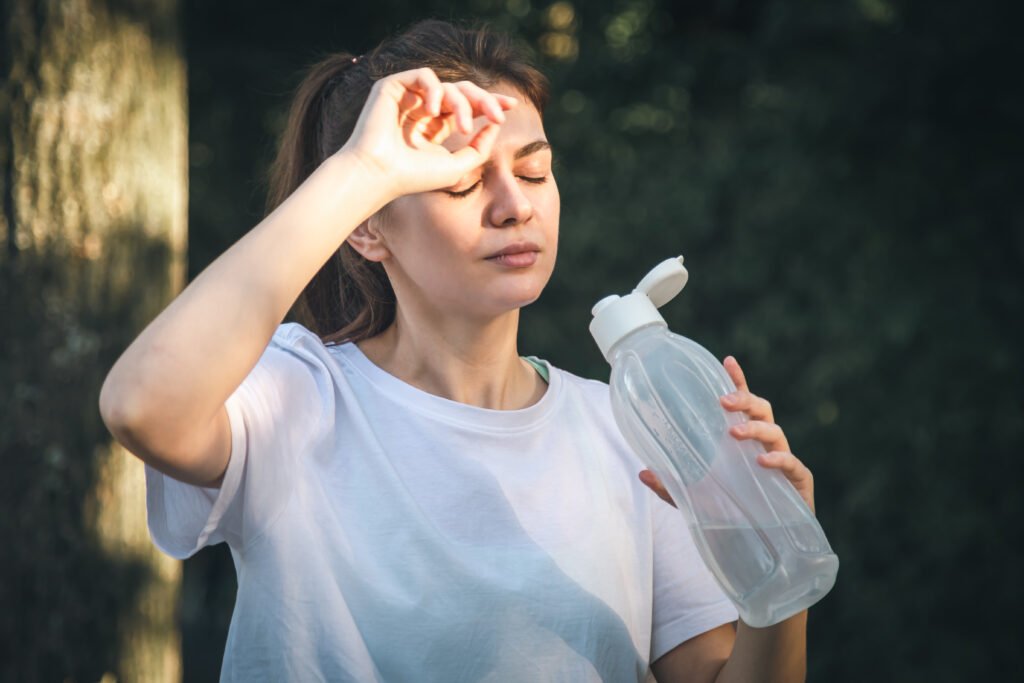
Drinking not enough fluid can cause a high fever. Also, vomiting and diarrhea can lead to excess loss of body water and electrolytes.
Heat/Excessive Sweating:
You lose water when you sweat. This can happen more in hot weather, during exercise, or if you have a fever.
Excessive Urination:
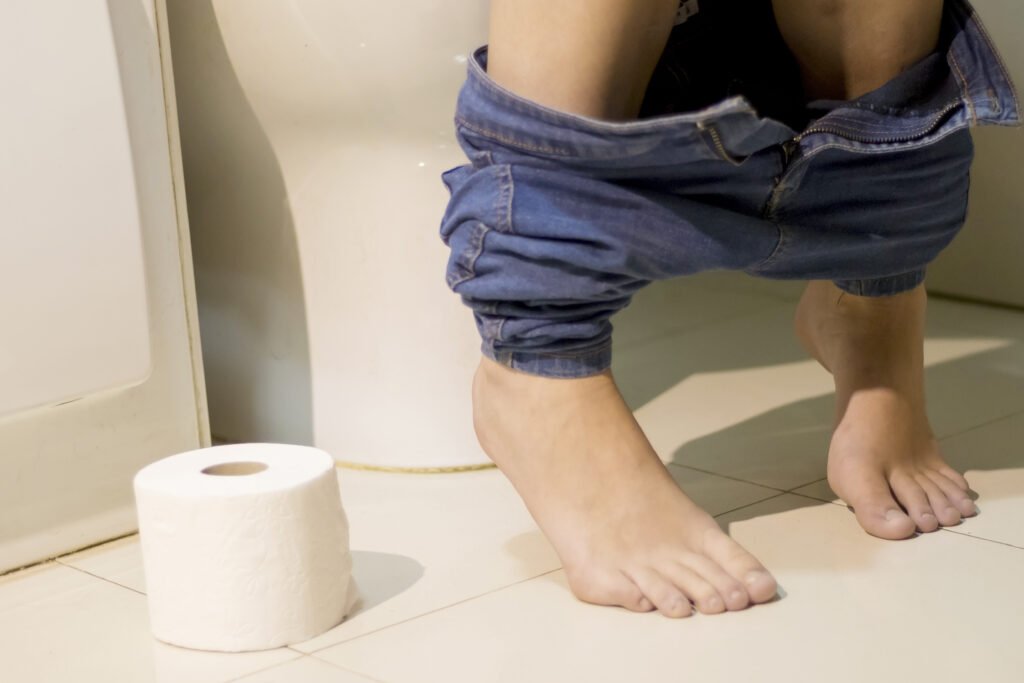
Excessive urination may make a person lose fluids. This could be due to some medications such as diuretics, certain health conditions like diabetes, or ethanol–drinking alcohol.
When To See A Doctor
One has to consult a doctor if they experience:
- Diarrhea remains for 24 hours.
- Inability to hold onto any fluids
- Increased heart rate
- Severe exhaustion, severe confusion, or being out of touch
- Black or bloody stools
Another instance is Low Blood Pressure:
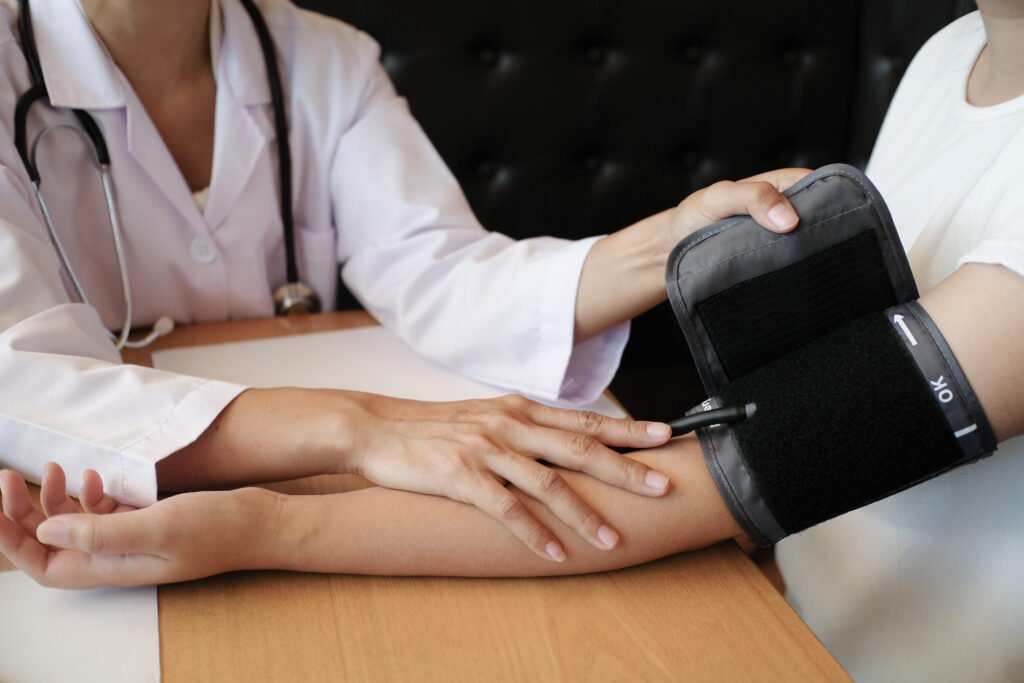
Isolated low-drug pressure figures, without other symptoms, may not be a problem. In cases, however, you have low blood pressure and symptoms below:
- Feeling faint or lightheaded
- Vomiting
- Feeling tired or too overall physically
It will be time for you to receive medical care. If you see signs of shock or a life-threatening condition, call “911” without delay.
Dehydration Symptoms include:
- Cold or clammy skin
- Rapid shallow breathing
- Rapid but weak pulse
- Disorientation
For High Blood Pressure:
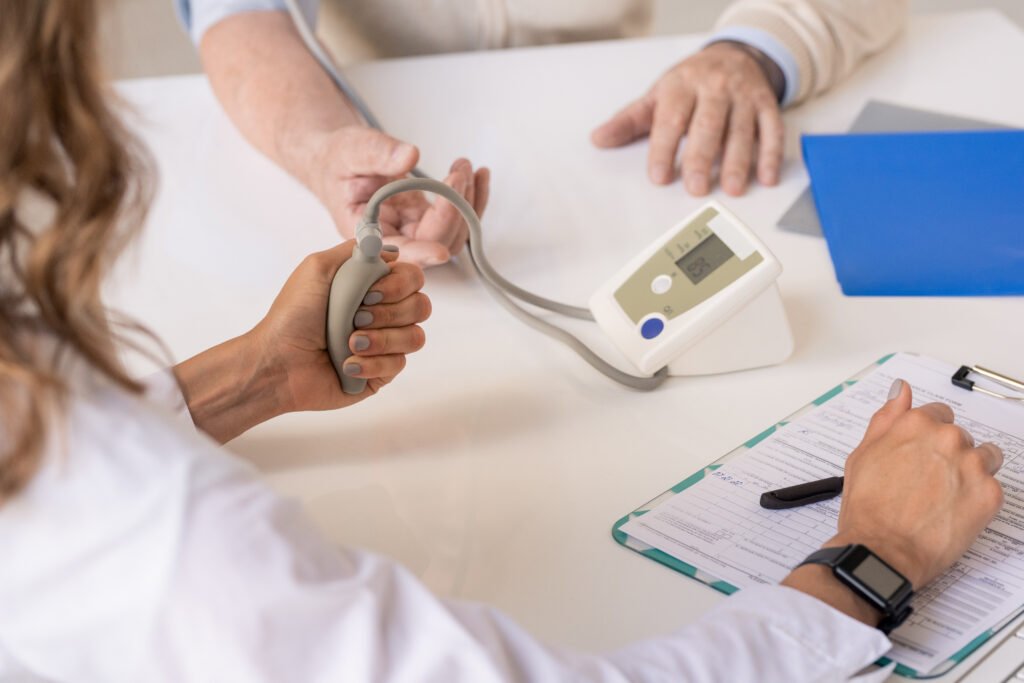
Hypertension is known not to be painful and more annoyingly goes undetected. Most people find out they have hypertension when they go for a routine check-up by a doctor. This phenomenon depends on how often you monitor your blood pressure as well as how high the readings are, If they regularly rise, then better contact a healthcare practitioner.
How Much Water Does An Individual Need To Drink In A Day?
Preventing dehydration means taking an adequate volume of liquids each day. The requirements vary;
- Age.
- Mass.
- General wellness.
- The climate.
- Physical activity.
- Pregnancy/lactation.
It is a habit of people to drink about eight glasses of water daily. In case the plain water does not appeal, you can have:
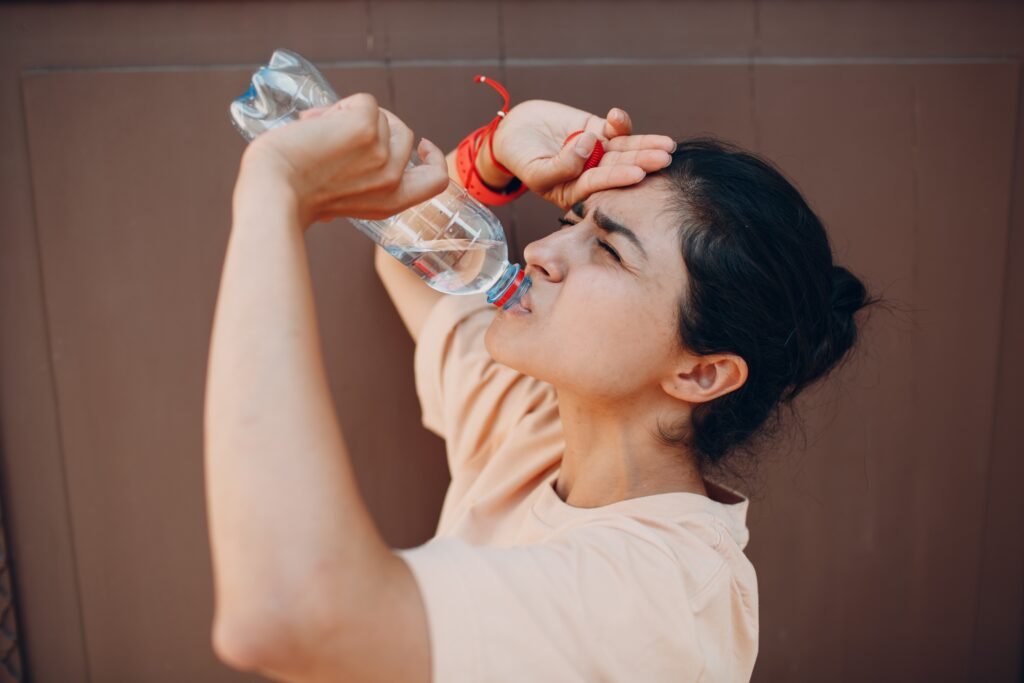
- Fruit-flavoured water like lemon or cucumber
- Bottled sugar-free sparkling water
- Fruits-vegetable smoothies
- Herbal tea without caffeine.
- Cow milk.
- Starchless broth.
Fruits and vegetables also contain water.
Make sure you follow these instructions to help keep hydrated:
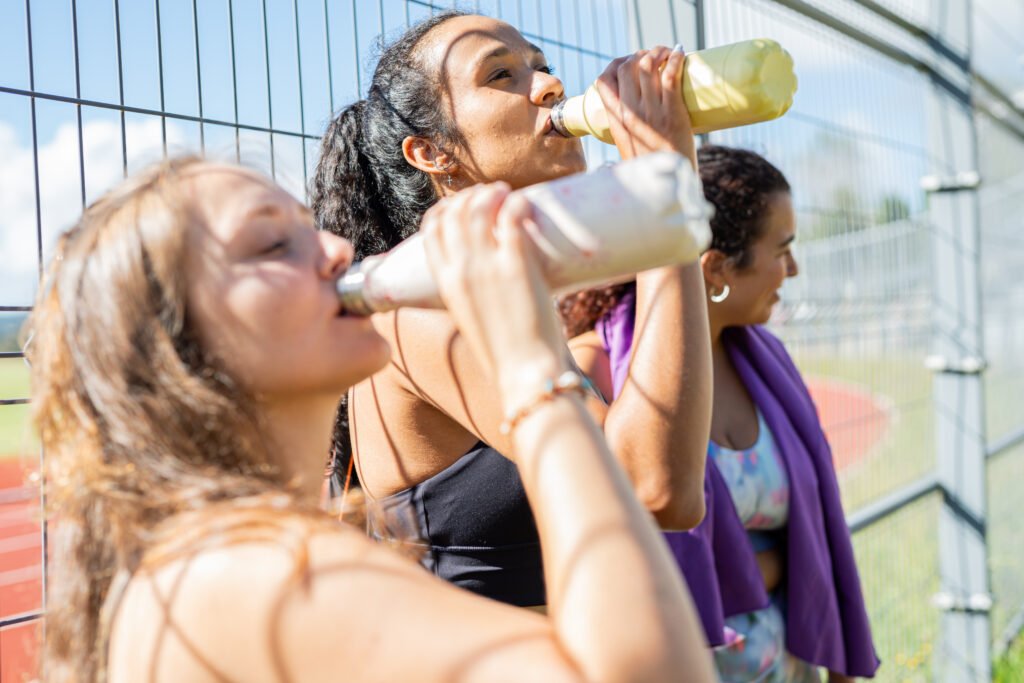
Just take a drink any time you feel thirsty. This should tell you that you need some fluid.
There’s a need to take in fluids more in situations where there’s a lot of activity, heat, or in the case of an illness like a fever, or when there’s vomiting or diarrhea.
Keep fluid with you. Prefer drinking water instead of soda, energy drinks, sweetened drinks, alcohol, and sugary beverages.
Best Advice? Stay Hydrated:
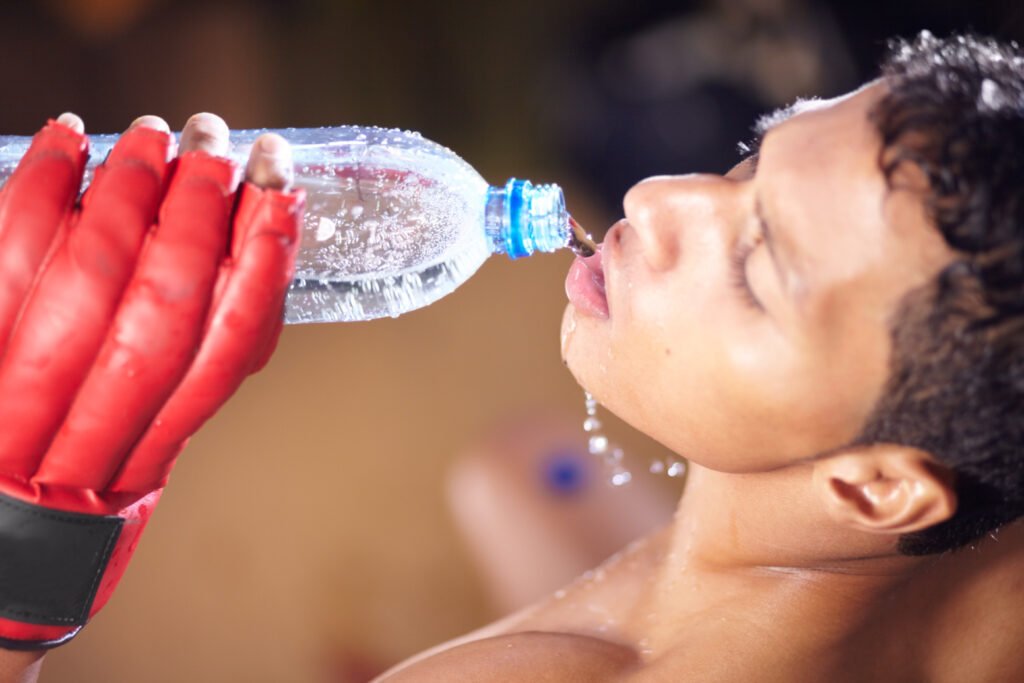
Any hypertension issues associated with fluid intake must be tackled by ensuring one is fully hydrated every time. The National Academies of Sciences, Engineering, and Medicine give a rough figure of about 125 ounces (3.7 liters) to men and 91 ounces (2.7 liters) to women daily.
Valence Media’s compounding factors are chiefly the location, weather, and even the activities one participates in. There are also some courses of treatments affecting body fluids that may result in an increased possibility for the patient to develop such a condition.
Some people do not think that staying hydrated can reduce high blood pressure. That is why consistency matters even when you may not feel like drinking water.
